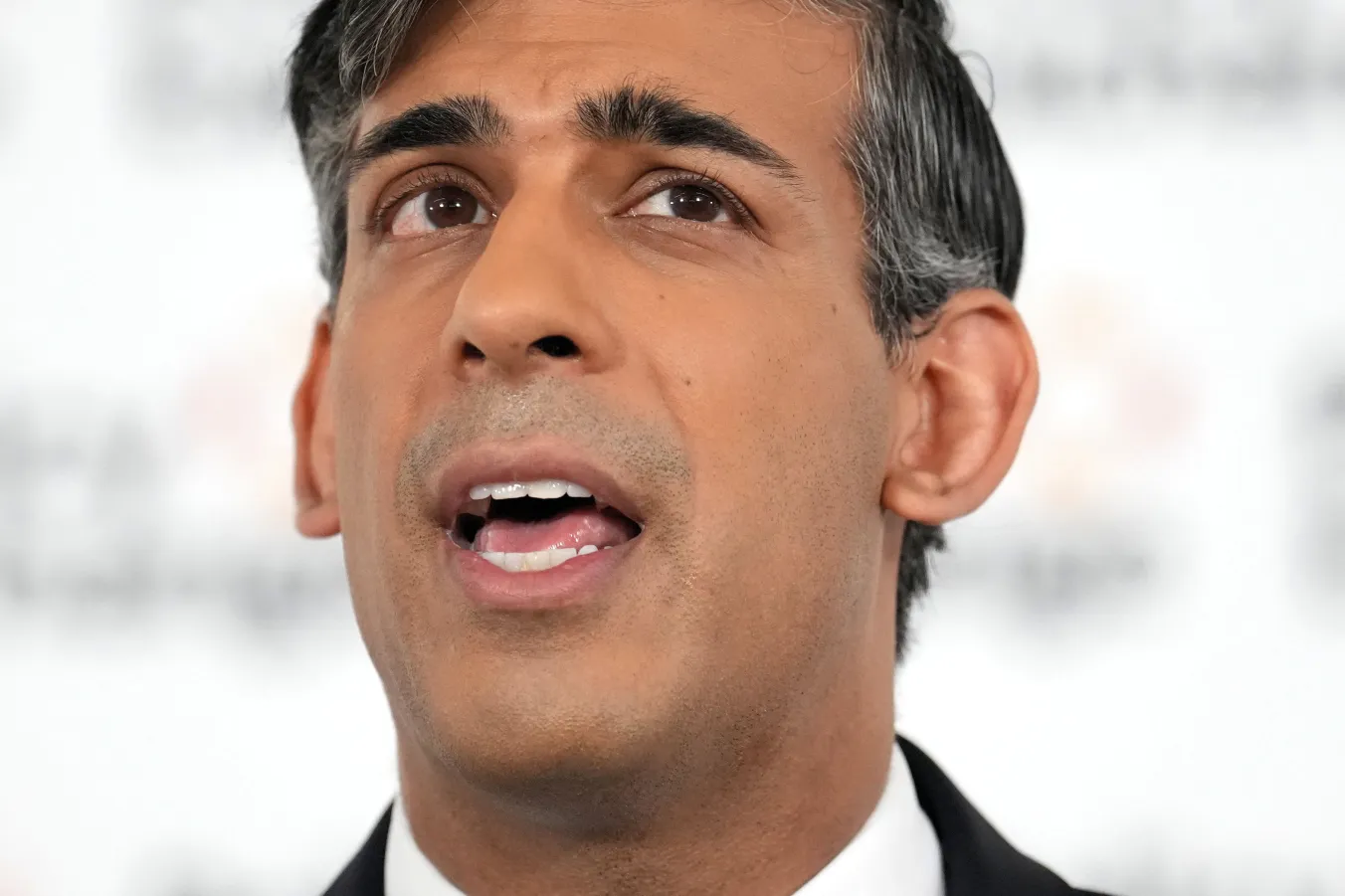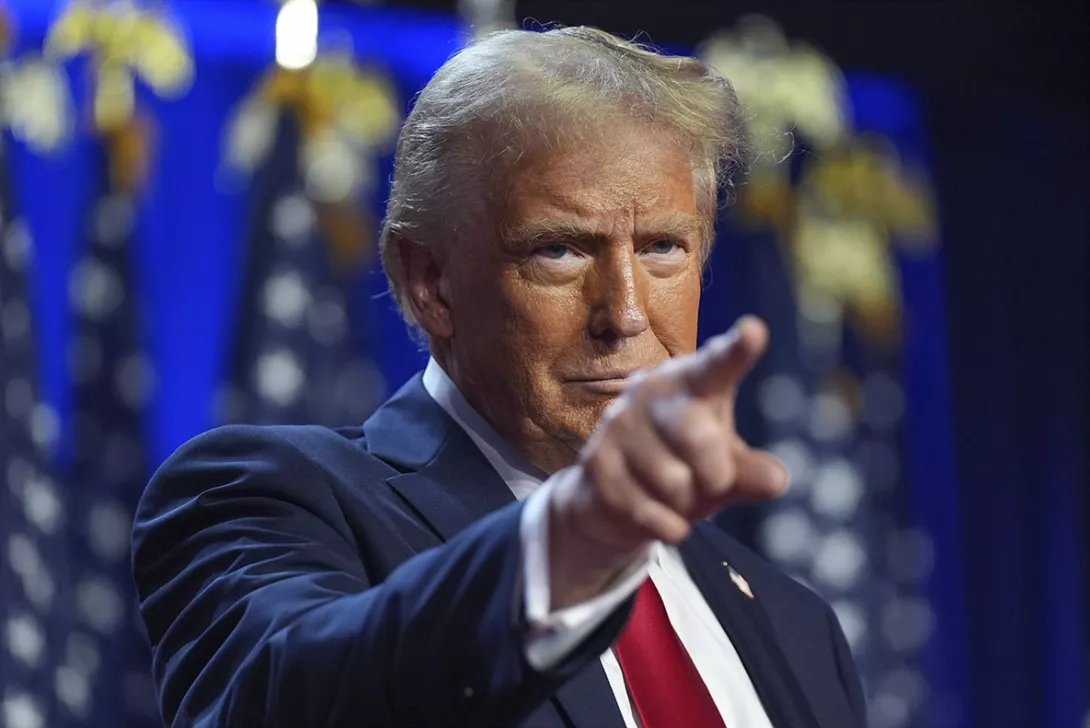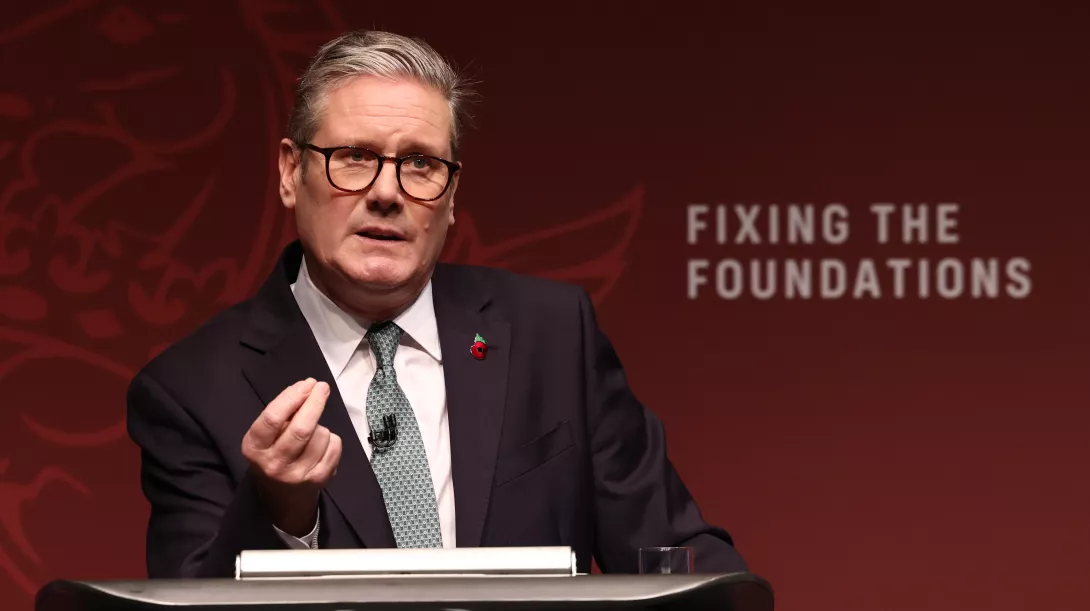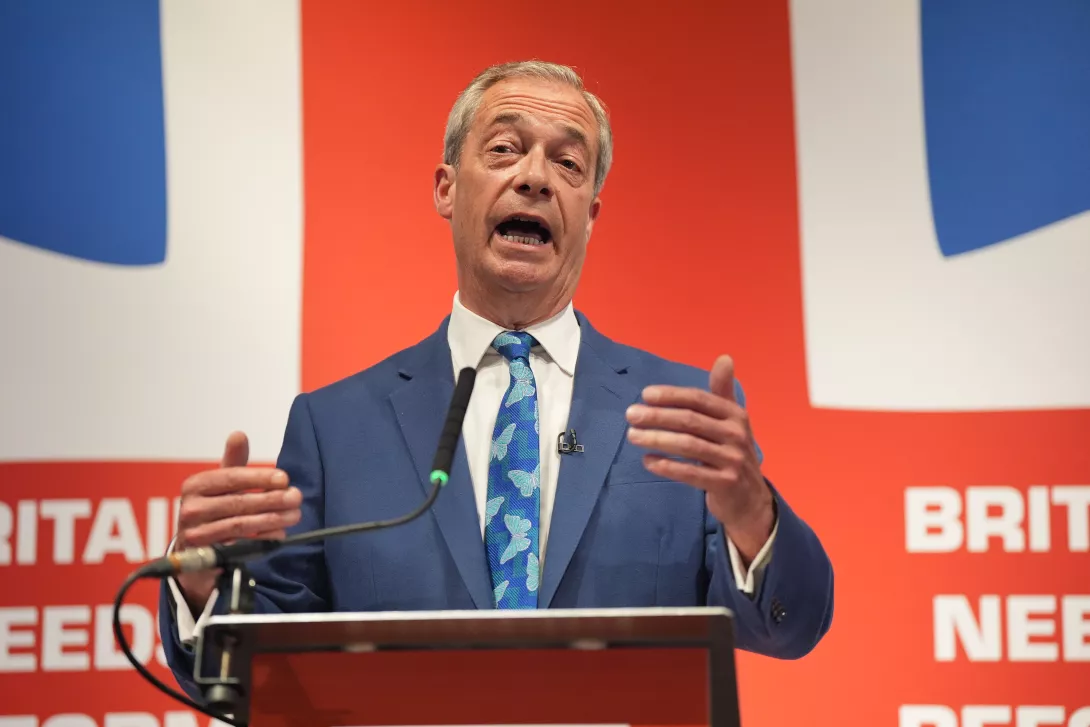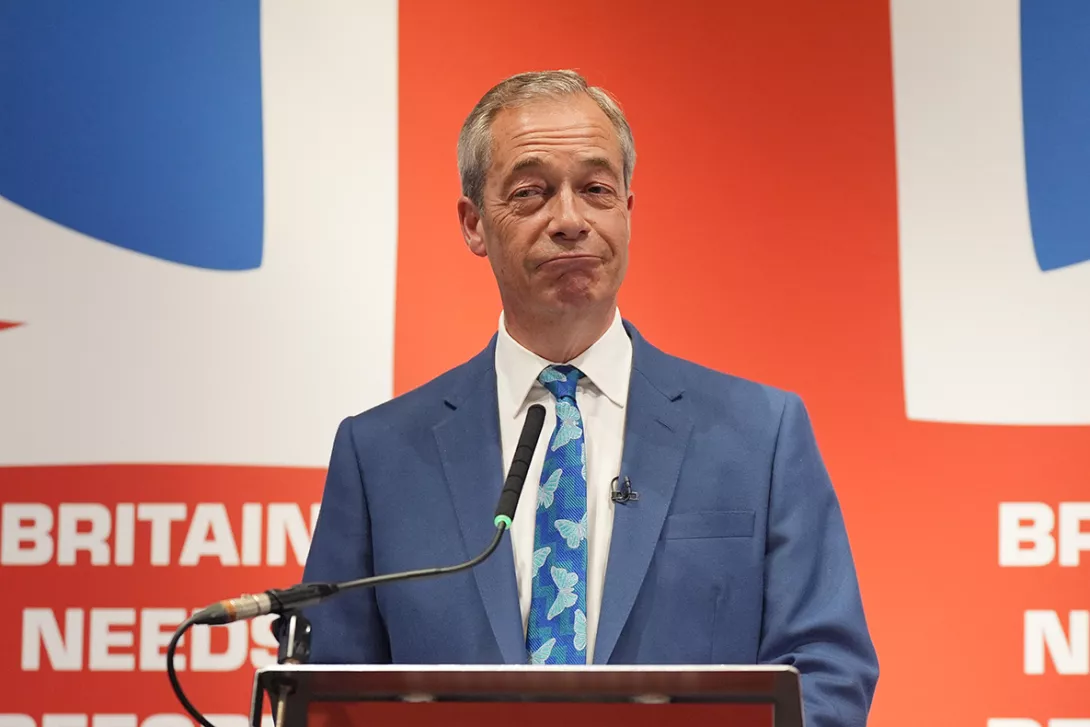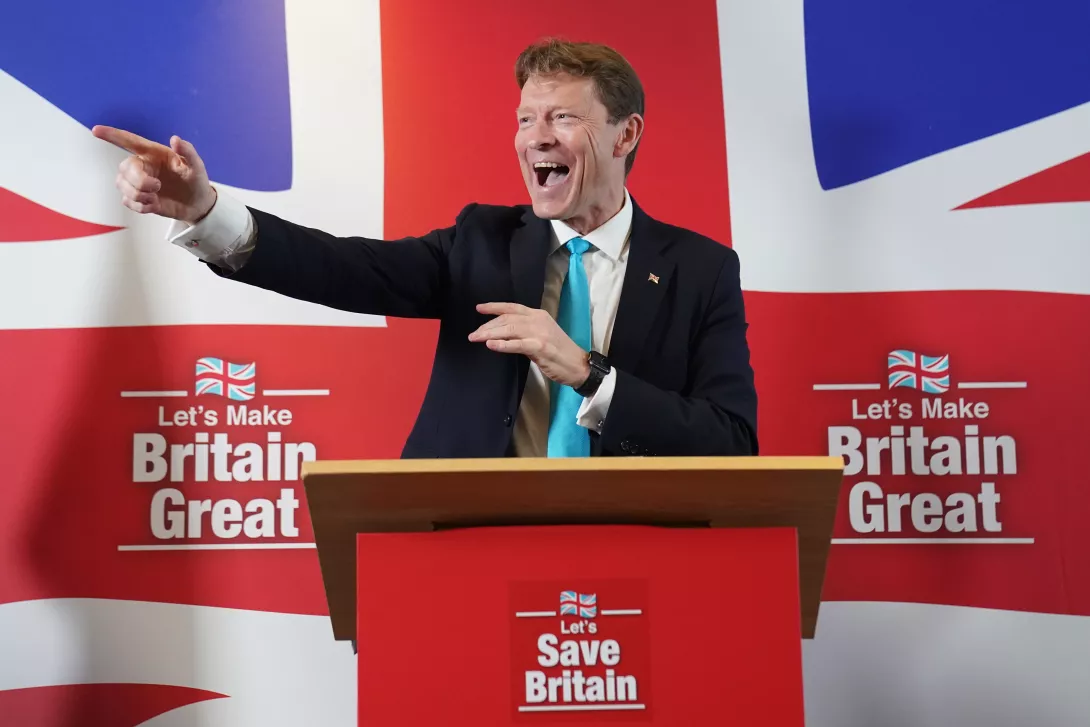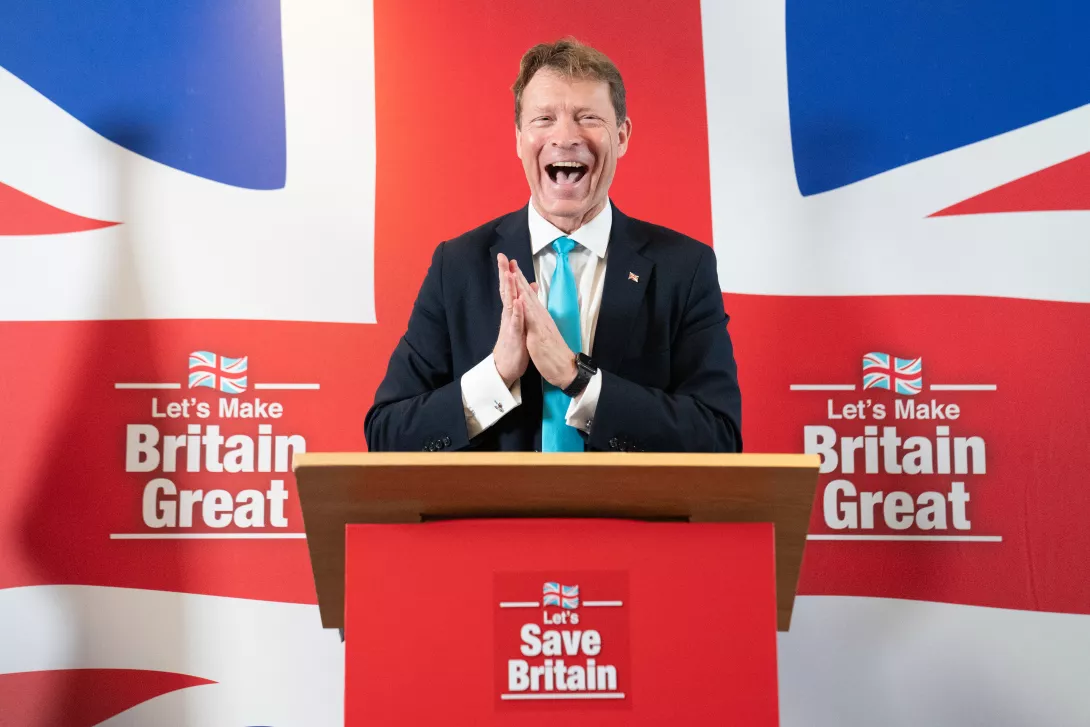
THERE are many spectres haunting Rishi Sunak’s Tories, and the latest addition to the spectral host is the rise in the opinion polls of the Reform party.
The outfit previously trading as the Brexit Party is now apparently backed by around 10 per cent of the electorate.
And this is without the overt involvement of its founder Nigel Farage, whose return to the political fray could increase those numbers further.
Farage is weighing up the relative advantages of political campaigning against maintaining his lucrative media career, which embraces stints in the Australian jungle and presenting on GB News.
Reform’s rise has definitely spooked a number of Tory MPs who believe, probably rightly, that its votes will come largely at their expense. Already trailing Labour massively in the polls, such defections will transfer directly into lost seats.
That does not mean that Reform is on the verge of a parliamentary breakthrough itself. In 2015 its Ukip predecessor secured nearly 13 per cent of the vote but just one seat in the Commons in an election the Tories nevertheless won.
Even the famous Farage has been unsuccessful in multiple contests in various constituencies.
But this understates the importance of Reform’s rise. The significance doesn’t lie in its potential impact on the next election but in the durability of right-wing populism on the British political scene.
Two myths are being shattered. The first is that national populism was all about Brexit and that once Britain had left the European Union its appeal would deflate.
Reform has simply switched to migration as its mobilising issue, with some success.
The second is that Britain is immune to the right-wing populist infection which has gained ground in many other European countries and the United States.
The Tory Party is most threatened by this. It needs to maintain the support of a base motivated by culture war confrontations while also preserving its role as the main vehicle for ruling-class interests, which currently lean towards capitalist globalisation buttressed by centrist liberalism.
Embracing the populist agenda, as championed by the party’s authoritarian deputy chairman Lee Anderson, threatens a process of Trumpifying the Conservative Party, which would alienate much Establishment opinion, not to mention centrist voters.
Yet rejecting it in the name of a more liberal Toryism can only fuel the rise of Reform. Squaring the circle — nativist neoliberalism — was the focus of the inglorious premiership of Liz Truss.
That fiasco does not mean it will not be tried again, in the aftermath of electoral defeat. Suella Braverman waits in the wings, and Farage himself has not ruled out rejoining the Tories.
The left cannot just sit back and enjoy the spectacle. Nationalism and authoritarian politics have a base in many working-class communities, which have suffered most grievously from capitalist globalisation.
Labour in 2017 came closest to heading off this danger by championing radical social democratic policies of state intervention to improve the lives of workers and their communities, alongside an acceptance of the democratic mandate to deliver Brexit.
That allowed Labour to capture at least some ex-Ukip voters who had no time for the Tories on class grounds but insisted that the referendum decision be implemented.
That path was abandoned in 2019 with disastrous results, and it is not being followed by Keir Starmer now. His platitudinous speech today offered nothing to counter the attraction of populism to the alienated voter.
Socialists can never follow the populists in their scarcely veiled racism, their antipathy to civil liberties and their neoimperialism. But a campaigning politics that addresses economic blight and champions popular democracy is essential if they are to be defeated.

